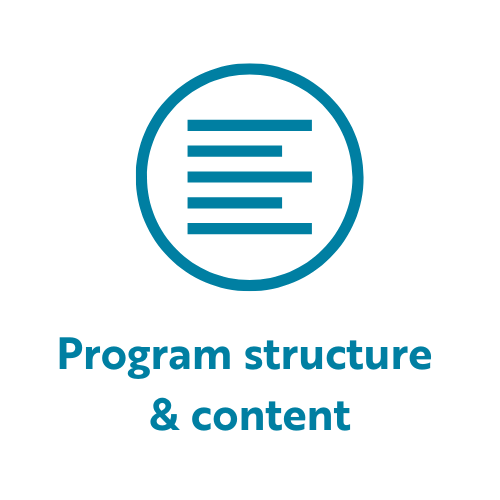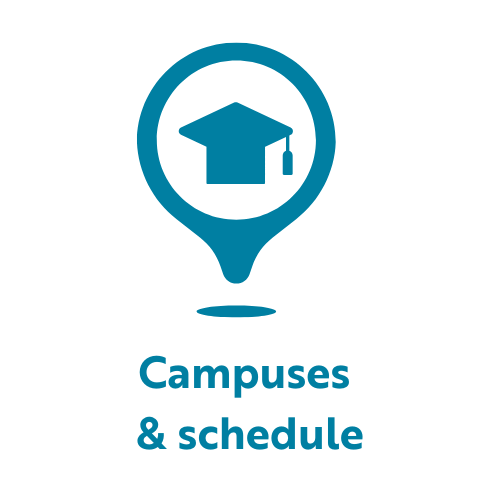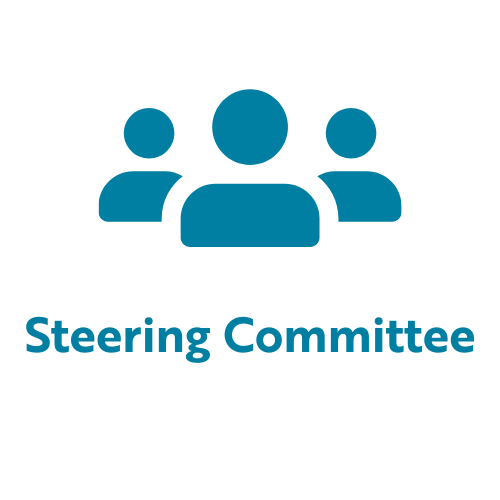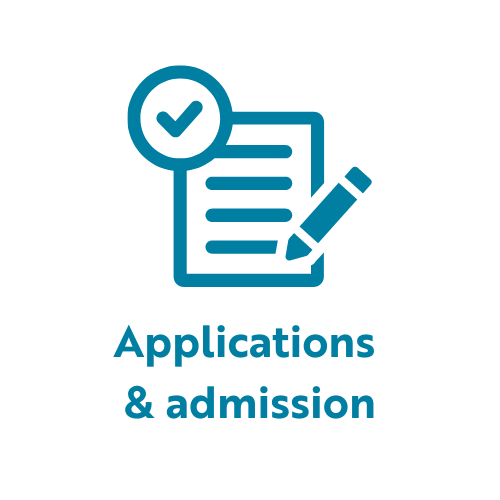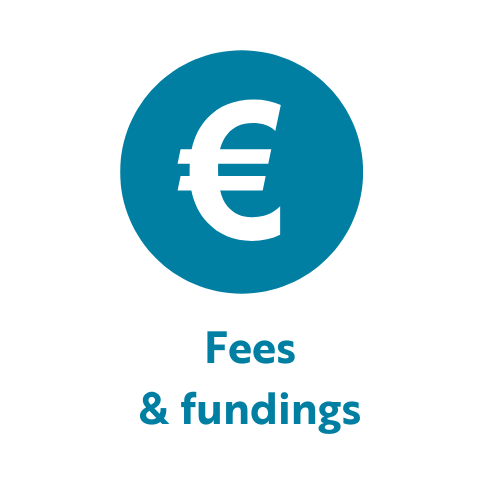Role and contribution
The Steering Committee, headed by Director of Program Professor Marius ILIÉ (Université Côte d'Azur), includes 15 Professors and Associate Professors from universities involved in the project.
The Committee's role is to ensure that the goals and focus of the program are maintained and the quality of the training remains consistently high throughout the program. It will periodically review program issues and develop proposals for policy revision when needed.
The committee is responsible for electing new faculty members and coordinators to the program and periodically reviewing participation of current faculty members.
It will also be in charge of making individual decisions regarding requests for major shifts in a student's direction, including requests to change internship director or lab.
Meet the Committee
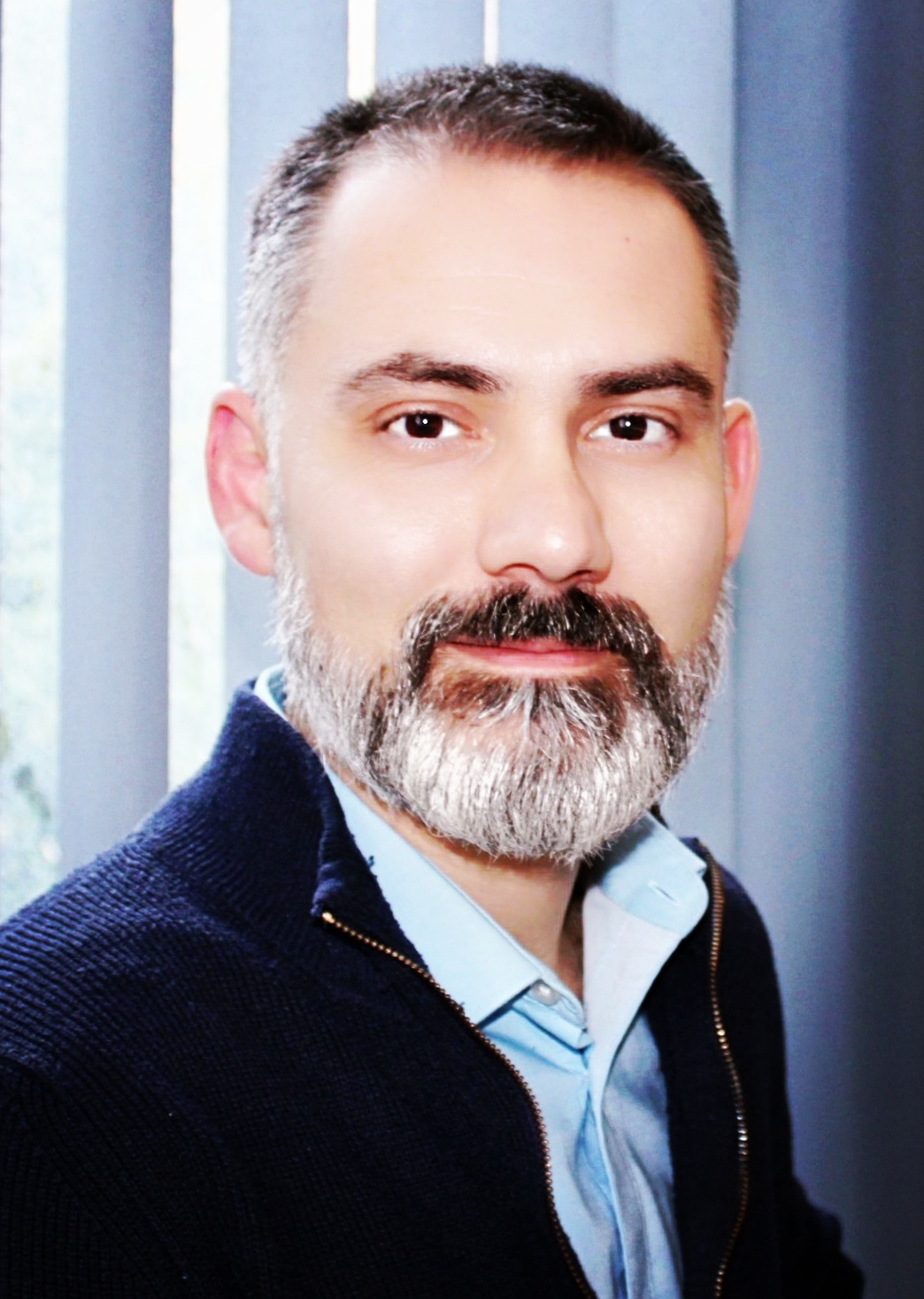
He has special interest in thoracic pathology, melanoma, molecular pathology and Biobanking. He has a longstanding interest and expertise in the area of prognostic and predictive biomarkers in thoracic oncology (Institute for Research on Cancer and Ageing) as well as in Biobanking (Hospital-Integrated Biobank, BB-0033-00025).
- More about Prof. Dr. Marius ILIÉ
-
He has contributed to several publications in the field of biomedical research and biorepository science.
He is also dedicated to teaching as Deputy Director of the MSc “Biobanks and Complex Data Management” and Director of the Research Master “Oncology and Translational Research” at the University Côte d’Azur. He has published 175 peer-reviewed articles listed in PubMed.
His current (2022) H-index is 43.
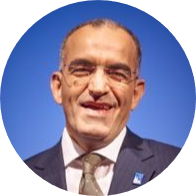
- Dr Raed Al Dieri
-
ESP Director-General.
Raed Al Dieri studied Pharmacy at the University of Damascus (Pharm 1991) and earned his master’s degree in Laboratory Diagnosis in 1994 (MSc 1994). He earned his PhD degree at Maastricht University, Faculty of Medicine (in Coagulation, 2000) and trained as a biochemical coagulationist. He was a principal investigator in the medical biochemistry and pathophysiology of the coagulation system and the application of thrombin generation in fundamental and clinical settings (Maastricht University). He is a member of grant reviewing board for several organizations. He is a reviewer for several journals such as Blood, Journal of Thrombosis & Haemostasis, Thrombosis & Haemostasis, Thrombosis Research, and others. In 2005, he was appointed as a Research Director and in 2011 as Clinical Director at Synapse Research Institute, Cardiovascular Research Institute, Maastricht University, Netherlands. He co-promotes and supervises PhD programs and is a lecturer at Maastricht University. He has co-developed and co-invented several tests to measure the coagulation system in normal subjects and patients of cardiovascular diseases, thrombotic events and patients with bleeding disorders.
In 2015, he was appointed as Scientific Director and later in 2017 as Director-General at the European Society of Pathology (ESP), Brussels, Belgium. Besides, he is the Operational Director of the ESP Foundation.
European Society of Pathology, Barastraat 6, 1070 Brussels, Belgium. r.aldieri@esp-pathology.org
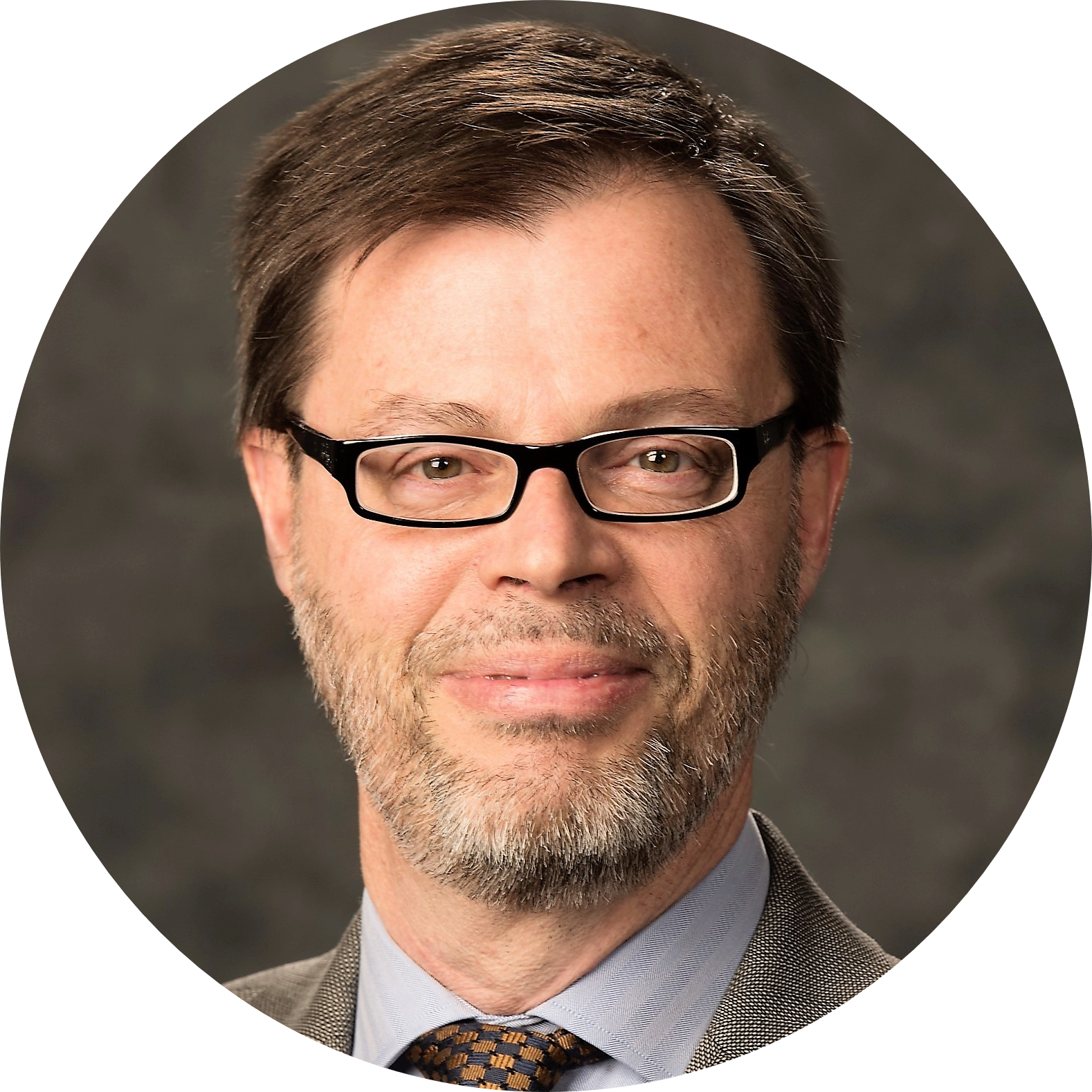
- Prof. Dr. Enrique de Álava
-
Enrique de Álava (Pamplona, Spain, 1964) is Chairman and Professor of Pathology at Virgen del Rocío University Hospital and the University of Seville.
He is the coordinator of the Oncohematology and genetics program of the Institute of Biomedicine of Seville.
He is the Coordinator of the Precision Medicine Strategy of the Regional Government of Andalucia. Former President of the Spanish Academy of Pathology (2015-2017), he is Vice-President for Europe of the International Academy of Pathology.
He is an international reference in the Molecular Pathology of sarcomas. Number of indexed publications: 178; H-index 55; i10 index 147; Citations: 15931 (as of December 1st, 2022).
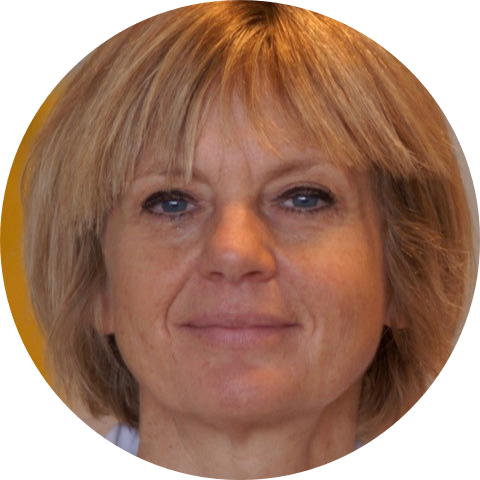
- Assoc. Prof. Serena Bonin
-
Serena Bonin is associate professor in laboratory medicine sciences at the University of Trieste, where she has been leading several granted research projects.
She completed her undergraduate training at the University of Trieste as organic chemist and undertook a PhD programme in Life Sciences at the Open University of London.
Her research interests span from the use of innovative techniques for the analysis of nucleic acids and proteins in clinical samples, in particular in fixed and embedded tissues to the identification of novel molecular biomarkers for clinical use.
She is also actively involved in the standardization of preanalytical conditions of clinical sample management and processing to guarantee quality of DNA, RNA and antigens.
She is member of the CEN/TC 140 WG3 Quality management in the medical laboratory and of the ISO/TC 212/WG4 Microbiology and Molecular Diagnostics for drafting standards dedicated to pre-analytical processes for in vitro diagnostics.Email: sbonin@units.it
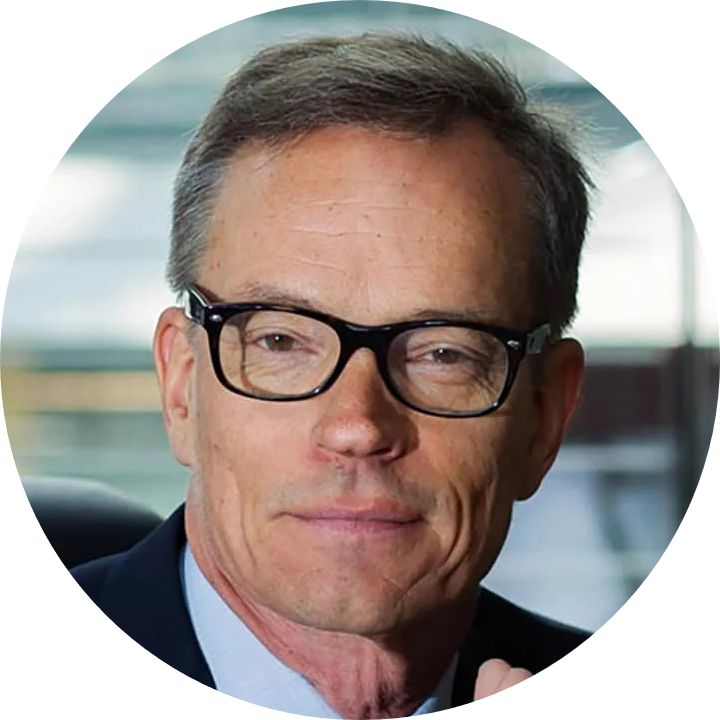
- Prof. Dr. Olli Carpén
-
Olli Carpén, MD, PhD, is Professor of Pathology at University of Helsinki, Finland, Scientific Director of Helsinki Biobank (www.hus.fi/en/about-hus/helsinkibiobank) and Senior Consultant of Diagnostic Pathology at Helsinki University Hospital. He has been actively involved in establishing the Finnish biobank network and especially in building the first Finnish hospital-integrated biobanks, Auria Biobank and Helsinki Biobank. His major focus is in combination of patient-derived biobank samples with comprehensive longitudinal electronic health information to create novel innovation platforms. His main research interests involve prognostic and predictive biomarkers in gynecological and colorectal cancer and melanoma. He is an author of over 160 scientific publications and holds several diagnostic patents/patent applications.
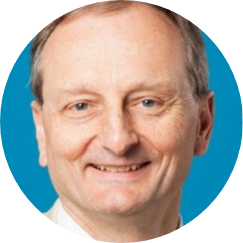
- Prof. Dr. Falko Fend
-
Falko Fend, MD, is Full Professor of Pathology and Chairman of the Institute of Pathology and Neuropathology and Reference Center for Hematopathology at the Eberhard-Karls University in Tübingen, Germany.
He did his postgraduate training in the Departments of Pathology and Internal Medicine at Innsbruck University and joined the Department of Pathology as staff pathologist in 1991.
From 1997-1999, he worked as research fellow at the Laboratory of Pathology, National Cancer Institute, NIH, Bethesda, with Mark Raffeld and Elaine Jaffe.
In 1999, he was appointed Associate Professor of Pathology at the Institute of Pathology of the Technical University Munich.
In 2007, he moved to his current position at the University of Tübingen.
His main research interest focuses on the pathology and molecular genetics of malignant lymphomas and innovative molecular pathology.
He obtained competitive funding from multiple national and international grant agencies, has authored or co-authored over 400 publications and has contributed to major textbooks and reference works.
He serves/-ed as member of the executive boards of the German Society of Pathology, the European Association of Haematopathology and as Chairman of the European Bone Marrow Working Group.
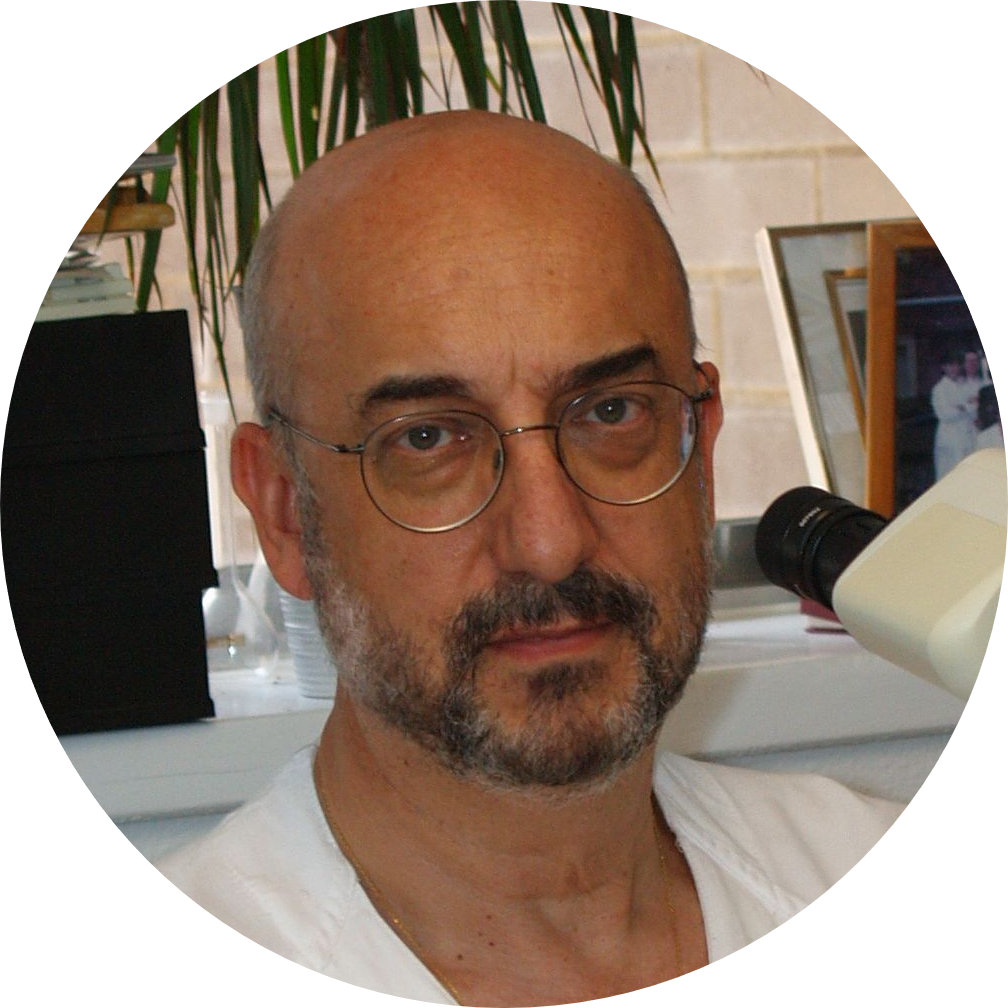
- Prof. Dr. Pedro L. Fernandez
-
Pedro L. Fernandez graduated in Medicine in 1985 and was awarded a PhD in 1990 by the University of Granada.
He is a Specialist in Anatomic Pathology since 1990.
Currently, he is Full professor of Anatomical Pathology, Universidad Autonoma de Barcelona, Medical School, Spain, and Head of the Department of Anatomical Pathology, Hospital Universitario Germans Trias i Pujol, Badalona, Barcelona, Spain.
He was PI in 15 public financed projects.
He has published 145 indexed international publications (as of December 1st, 2022).
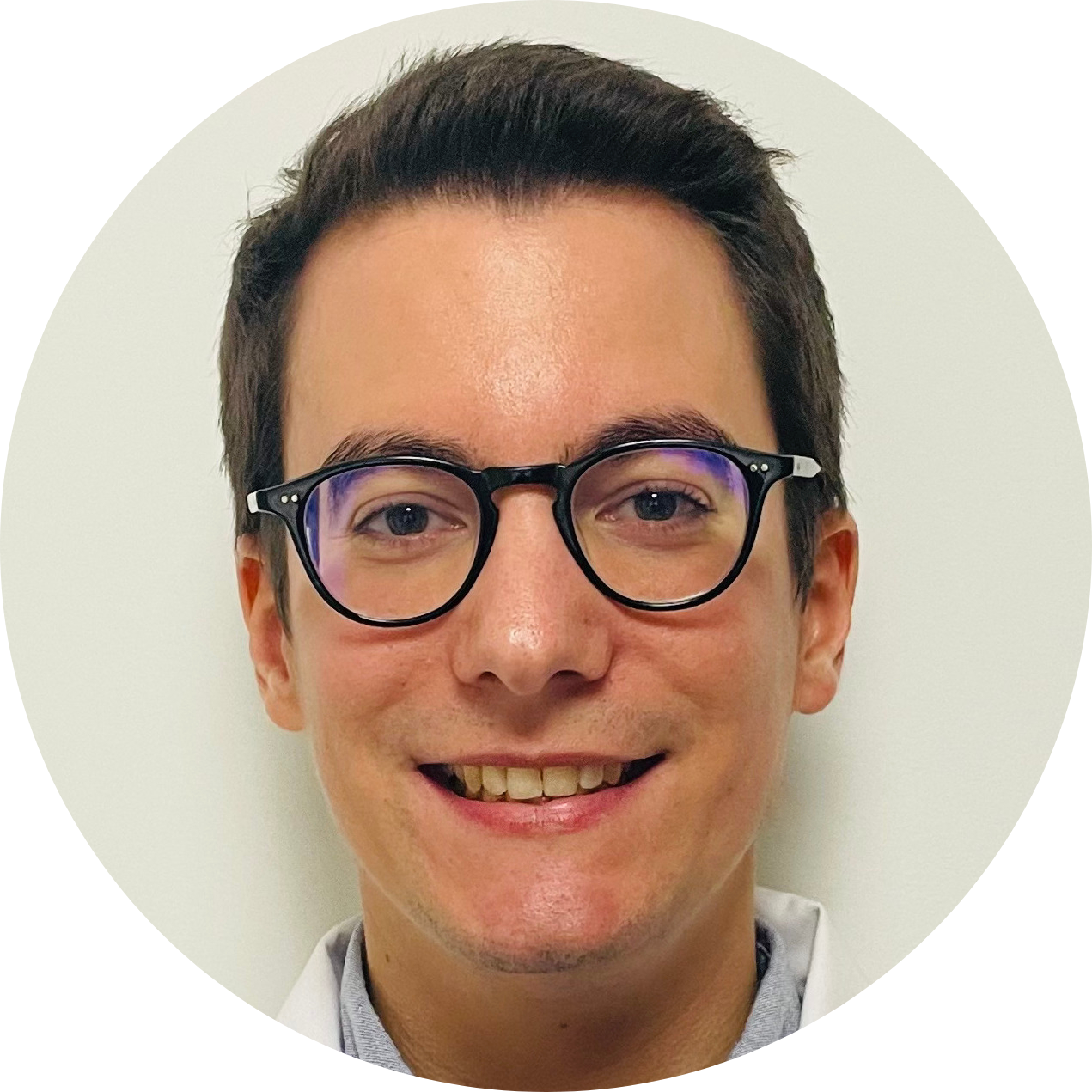
- Prof. João Pedro Lobo
-
João Lobo, MD, PhD. João concluded the Master Degree in Medicine in 2013 (ICBAS, University of Porto) and the PhD in Pathology and Molecular Genetics in October 2021 (ICBAS, University of Porto). His PhD Thesis, entitled "Uncovering novel prognostic and predictive epigenetic biomarkers in malignant testicular germ cell tumors" (funded by FCT: SFRH/BD/132751/2017) received in addition the European Doctorate Title.
João is currently a Pathologist at the Portuguese Oncology Institute of Porto (IPO Porto), obtaining board certification in March 2024. His main areas of interest (both in diagnostics and research) are Uropathology, Thoracic Pathology and Molecular Pathology. João has a particular interest in the better understanding of testicular germ cell tumors, in biomarkers, liquid biopsies and epigenetics. He has been actively involved in Biobanking activities and is currently the Coordinator of the Molecular Pathology Lab at the Department of Pathology, being responsible for the implementation and performance of DNA methylation and microRNA liquid biopsy testing in routine diagnostics, as well as NGS testing.
João is a Junior Researcher at the Cancer Biology and Epigenetics Group, leading the line of research on testicular cancer, and an Assistant Professor at ICBAS - University of Porto since 2024, lecturing in Pathology (Master Degree in Medicine and Master Degree in Dental Medicine).
At age 36, João authored 162 articles in international peer-reviewed journals (71 first author, 13 senior author, h-index 27) and 11 book chapters (8 first author, 2 senior author).
João is Supervisor of 6 PhD Thesis Dissertations and 3 Master Thesis Dissertations, and Co-supervisor of 1 PhD Thesis Dissertation and 6 Master Thesis Dissertations.
João is a Member of the Testis Cancer Guideline Panel of the European Association of Urology (EAU). He is also member of several associations related to Urology, Uropathology and Molecular Biology: ESP/SPAP, EAU/YAU Penile and Testis Cancer Group, ESOU Working Group on Testicular / Penile Cancer, EAU Section of Uropathology (ESUP, board member), and MaGIC (Vice-Chair of the Young Investigator Group).
E-mail: joaomachadolobo@gmail.com / jpedro.lobo@ipoporto.min-saude.pt / jplobo@icbas.up.pt
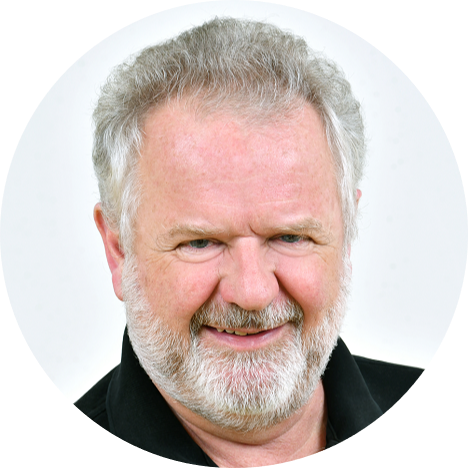
- Prof. Dr. Gerald Hoefler
-
Gerald Hoefler is Professor of Pathology and Head of the Diagnostic and Research Institute of Pathology, Medical University Graz, with a particular interest in molecular pathology, neoplasia and lipid metabolism.
Recently, his research group focused on the effects of tumor growth on triglyceride metabolism.
He is Chair of the Working Group Molecular Pathology, European Society for Pathology (ESP), and Past-President of the Austrian Society of Pathology (ÖGPath). During the last five years he has been awarded over 4m € in competitive third party funding.
He has published 266 papers listed in PubMed with a combined IF of 1205 that have been cited >12000 times.
His current (2022) H-index is 61.
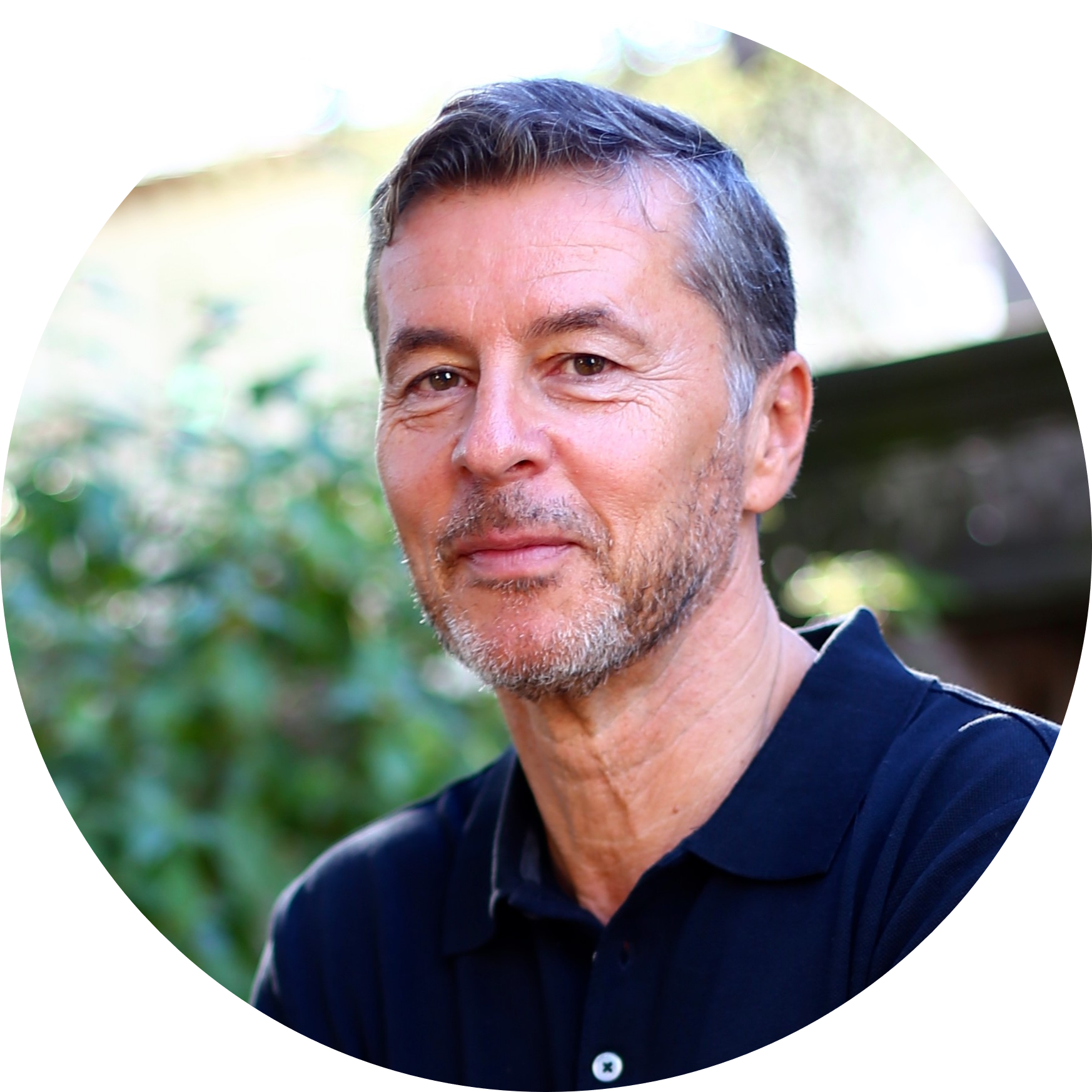
- Prof. Dr. Paul Hofman
-
Paul Hofman is Professor of Pathology at the University Côte d’Azur and at the Nice University Hospital, Nice France. He graduated in Nice and in Paris.
Then he was a fellow in Pathology at the Brigham and Women’s Hospital (Boston, Harvard Medical School US) from 1993 to 1995 and at the Max Planck Institut (Tubingen, Germany) from 1995 to 1996 .
He was awarded a PhD in Cell Biology (University of Montpellier, France).
He is the Head of the Laboratory of Clinical and Experimental Pathology, Pasteur Hospital, Nice, since 2003.
He is the director of the University Hospital Federation, “FHU“ OncoAge” (www.oncoage.org) and of the Hospital-related Biobank (BB-0033-00025, http://www.biobank-cotedazur.fr/en/) located at the University Hospital of Nice. He is the director of the Msc Biobanks and Complex Data Management at the University Côte d’Azur. He is the director of a research unit at the Inserm U 10181/UMR CNRS 7284 (IRCAN center, https://ircan.org/en) focused on determining the spectrum of genetic, non-genetic, and cellular events in lung cancer to better characterize the underlying mechanisms associated with non-therapeutic response, identify at baseline biomarkers for non-response to immunotherapies (and targeted therapies), and improve response to immunotherapies with the next-generation combination of molecules. IRCAN and OncoAge Centers aim to better understand the different processes linking aging process and cancer diseases.
He is a member of the Royal Academy of Medicine in Belgium and an executive board member of the European Liquid Biopsy Society.
He is the chair of the Pulmonary Pathology Working Group of the ESP and member of the Pathology Working Group at the IASLC.
He has published more than 600 peer-reviewed articles listed in PubMed. H-index 74 (as of December 1st, 2022).Email: hofman.p@chu-nice.fr
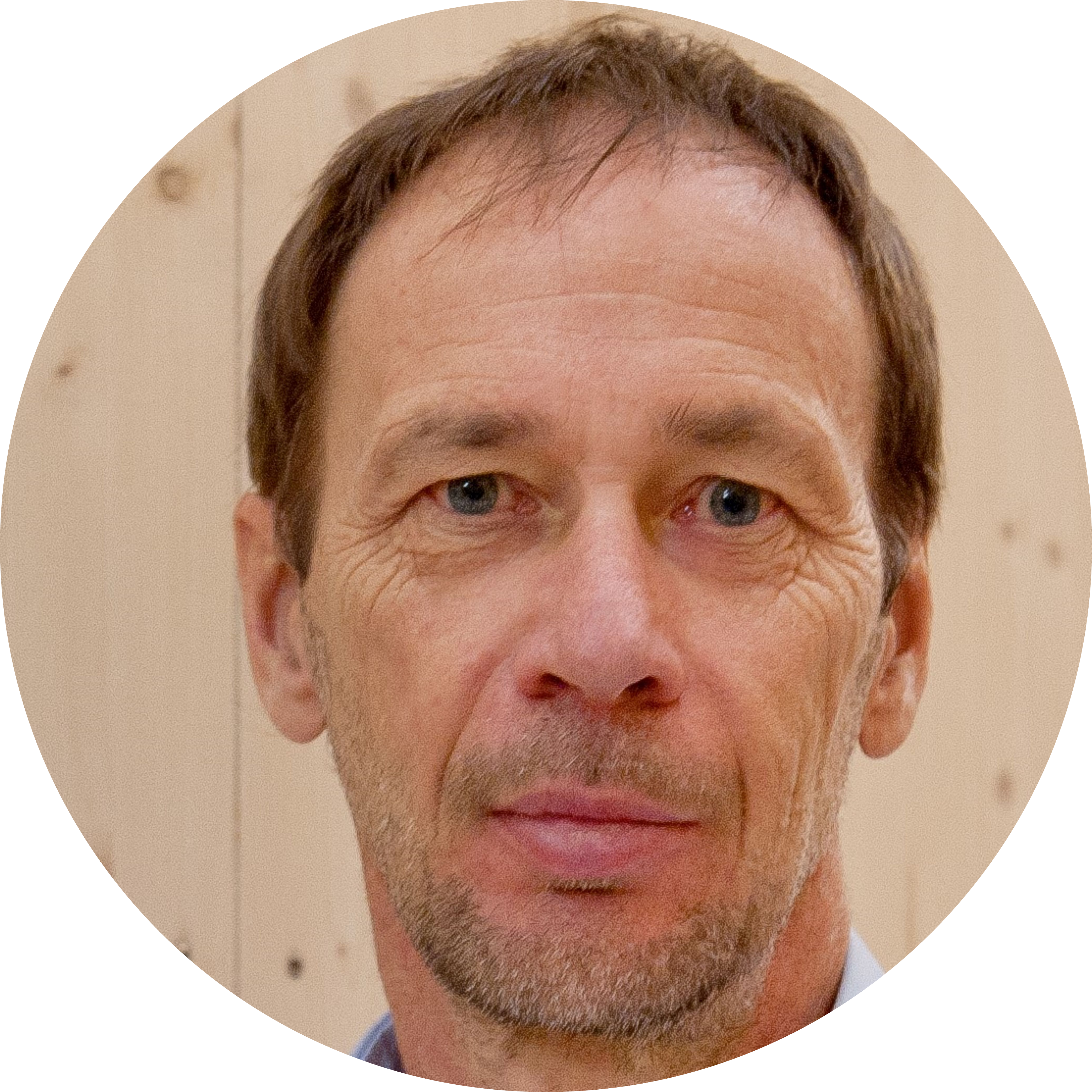
- Prof. Dr. Michael Hummel
-
Michael Hummel is former head of molecular diagnostics at the Institute of Pathology (Charité, Berlin) and a longstanding researcher with a scientific topic for molecular mechanisms in malignant lymphoma (more than 400 high-ranking publications).
Molecular diagnostics at Charité covers a broad spectrum of assays ranging from simple PCRs for the detection of viral and bacterial infections, complex PCRs for B- and T-cell clonality, RT-PCR based gene expression for breast cancer, FISH for chromosomal alterations and targeted NGS (started in June 2014) for broad mutation analysis in cancer tissues and liquid biopsies. The samples of many thousands of patients are being analyzed in our molecular lab every year.
In addition to the above-described activities, Michael Hummel is the director of the central biobank at the Charité and the Berlin Institute of Health (BIH).
Furthermore, he is Director of the German Biobank Node and Coordinator of the German Biobank Alliance. In this function he is responsible for the coordination and harmonization of the national biobanking activities and for the representation of the German biobank community at the European level in the framework of the biobanking infrastructure BBMRI-ERIC.Email: michael.hummel@charite.de
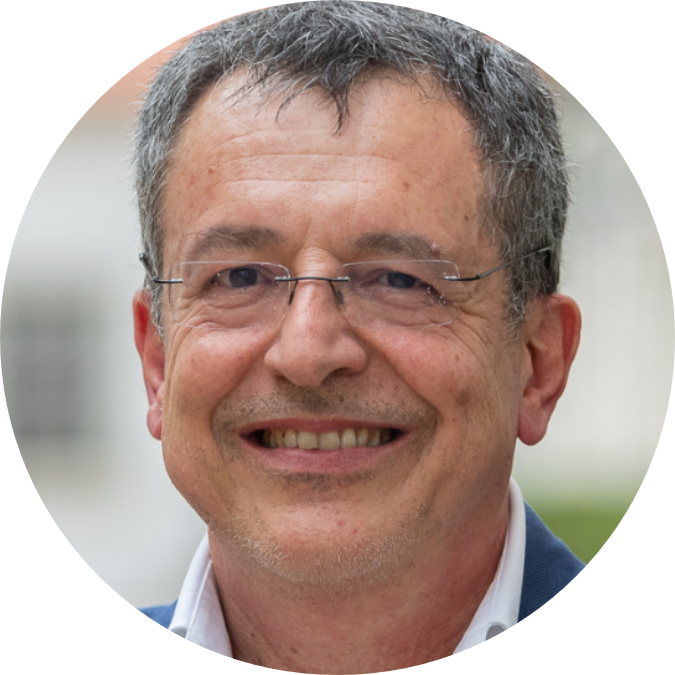
- Prof. Dr. Fernando Schmitt
-
M.D., PhD, FIAC
Fernando Schmitt is Professor of Pathology and Oncology at the Medical Faculty of University of Porto, Director of RISE (Clinical and Translational Research Network of the Medical Faculty) and Head of Molecular Pathology at IPATIMUP.
Past-President of the International Society of Breast Pathology and President of the International Academy of Cytology (IAC).
Author of more than 500 papers in peer-reviewed journals, 33 book chapters and editor of six books.
Editor-in-chief of Pathobiology.
His research work is on breast cancer, with emphasis on molecular markers, therapeutic targets and mechanisms of resistance.
In the last years, his research work has been dedicated to the study of molecular markers on cytological material.Email: fschmitt@ipatimup.pt
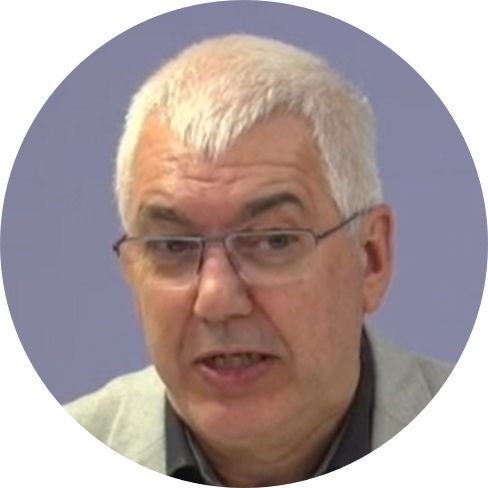
- Prof. Dr. Ed Schuuring
-
PhD
Ed Schuuring is senior clinical scientist in molecular pathology and Professor in Molecular Oncological Pathology at the University Medical Center Groningen, Groningen, the Netherlands.
For three decades his research focuses on the identification of prognostic/predictive epigenetic and molecular markers for clinical outcome, response to immune-chemo-radiotherapy, gene-targeted therapy and treatment-resistance in lung, GIST, head & neck cancer, as well as the development of triage tests for the early detection of cervical cancer in scrapings.
In the last 8 years his interest expanded to investigate plasma-derived ctDNA detection methods as bloodborne-based molecular tools for the early cancer detection in a high-risk lung cancer population, for diagnosis and treatment-resistant detection, to predict MRD and high risk to develop metastasis and resistance, and on treatment monitoring during targeted and immuno-therapy.
For these studies, he is responsible for the collection, processing and storage of cell free plasma samples from patients with NSCLC, GIST and NET/NEC in the UMCG Biobank.
He is involved in numerous clinical studies evaluating the possibilities to implement ctDNA testing in clinical practice (e.g. B-IO, GALLOP-11, POSITION20, ImaLife/PUSH, ALPINE, IMPACT, FORCE).
He is heading the laboratory of Molecular Pathology offering the latest innovative methods for treatment-decision-making in the region North-Netherlands.
As a CSMP he is an active member in the UMCG Molecular Tumor Board and involved in harmonization and standardization of 8 Dutch MTBs.
He is a senior member of the Dutch Society of Pathology, AACR, AMP, ESP, ASCO, among others, and consultant in (inter)national committees (e.g. National Health Care Institute, cieBOD) and advisory boards on Molecular Pathology and Liquid Biopsy testing (COIN, CancerID and ELBS), the organization of international proficiency mutation testing in cervical cancer (QCMD), lung tissue biopsies (ESP, QuIP) and plasma ctDNA (IQNPath, COIN), and co-authored various international guidelines on Molecular Pathology.
He organizes courses and meetings on Molecular Pathology >25 years and in the last few years on Liquid biopsy (for pathologists, oncologists, CSMP including trainees).
He supervised 33 completed and 15 ongoing PhD students, and co-authored >280 publications. H-index 62. http://www.rug.nl/staff/e.m.d.schuuring/; www.moloncopath.nl. Email: e.schuuring@umcg.nl
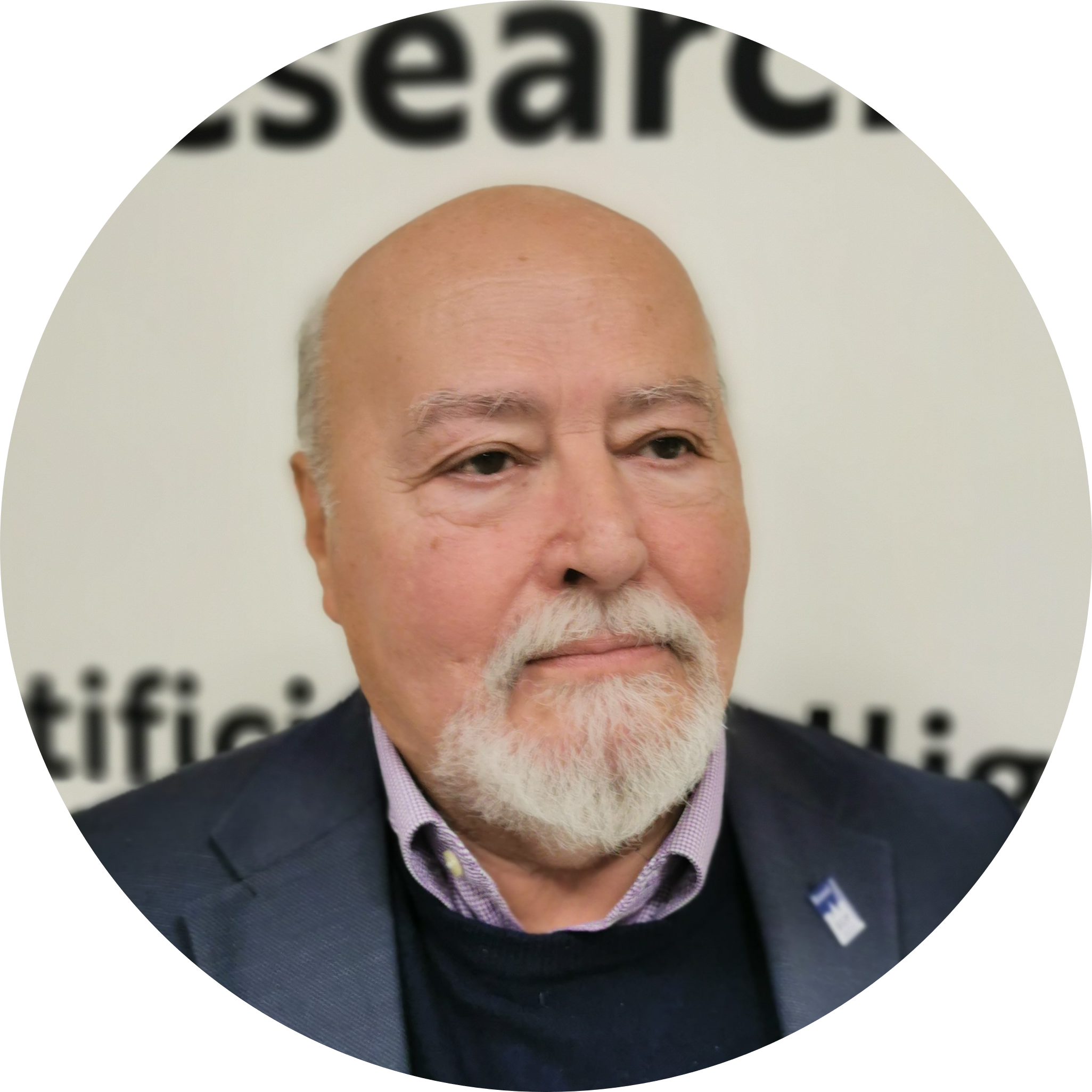
- Prof. Dr. Giorgio Stanta
-
Prof. Giorgio Stanta is an expert in molecular pathology and diagnostics for oncology.
He began his career in molecular pathology at the Department of Pathology at Yale University, working with some of the first groups developing molecular technologies for human tissues.
He was the first to develop reproducible technologies for RNA extraction from clinical tissues.
In 2011 he edited “Molecular Analysis in Archive Tissues”, published by Springer with over 100,000 copies sold.
He is involved in several European organizations: i) Coordinator of the European group “Archive Tissues: Improving Molecular Medicine Research and Clinical Practice – IMPACTS” (www.impactsnetwork.eu); ii) Chairman of the “Biobanking and Molecular Pathobiology Working Group'' of the OECI (Organization of European Cancer Institutes – www.oeci.eu); iii) Vice-chairman of the “Molecular Pathology Working Group'' of the ESP (European Society of Pathology – www.esp-pathology.org); iv) Liaison representative for the European Society of Pathology to the European Committee for Standardization (CEN/TC 140) and member of the CEN Committee for Molecular in vitro diagnostics; v) Member of the European Commission Initiative on Breast Cancer (ECIBC) - Quality Assurance Scheme Development Group (QASDG). From 2020 to 2022, he was a member of the Scientific Committee of the European Coalition of Cancer Patients (ECPC). He was also part of the Committee for the preparation of the International Cancer Genomics Consortium in Toronto 2007 as representative of the European Community. From 2013 to 2016, he was a member of the Genetic Pathology Faculty of the European Society for Medical Oncology (ESMO). He is involved in several active European projects related to molecular pathology.Email: stanta@impactsnetwork.eu
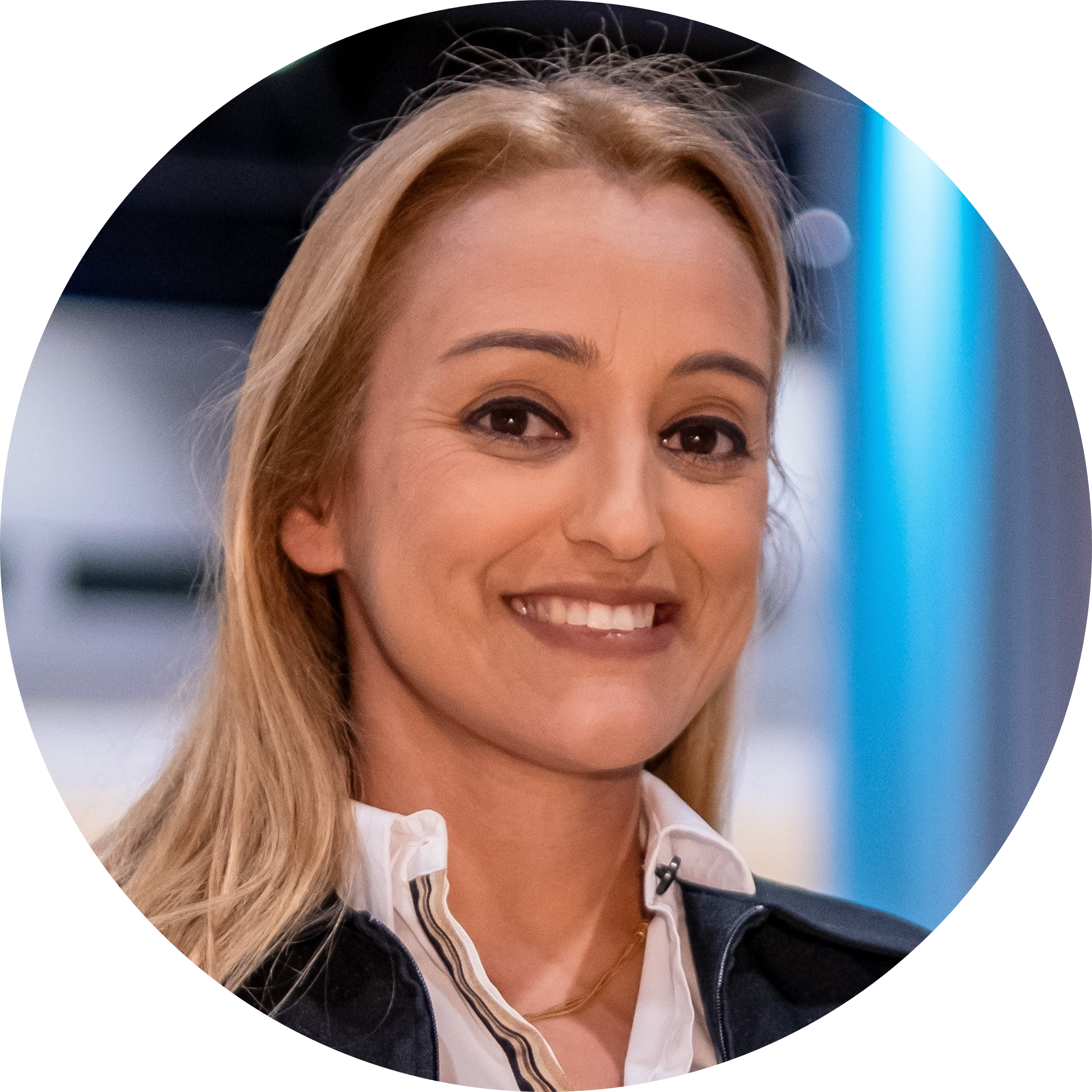
- Dr. Catarina Eloy
-
Catarina Eloy is a Portuguese pathologist, researcher, and teacher devoted to the diagnosis and study of thyroid cancer. She graduated as pathologist in 2011, completed her PhD thesis on papillary thyroid carcinoma in 2012 by the Medical Faculty of Porto University, is Affiliated Professor of the Medical Faculty of Porto University since 2015 and published more than 90 manuscripts in indexed scientific journals. She is the Head of the fully digital Pathology Laboratory of Ipatimup, Porto, since 2013 and developed special interest in the modernization of the diagnostic processes, including digital and computational pathology. She is member of the European Society of Pathology (ESP) since 2010, chair of the Educational Subcommittee since 2023, member of the Counsil since 2023, member of the Advisory Board since 2022, member of the Editorial Board of Virchows Archiv since 2022, coordinator of the ESP - Training Centre for Digital Pathology at IPATIMUP since 2022 and was co-chair of the Endocrine working group from 2018 to 2022. She is Vice-President of the Portuguese Society of Pathology, member of the Endocrine Pathology Society since 2023 and was President of the European Society of Digital and Integrative Pathology (2020-2022).

















